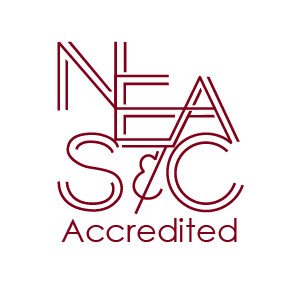While there has been much discussion about this legislation and what prohibitions it places on educators, the essence and expectation for all people who provide services on behalf of the State of New Hampshire is the same: All parties, including teachers in an educational setting, are expected to treat anyone, and all those, with whom they may come into contact with equal dignity and respect. As such, the law essentially prohibits schools from teaching that one whole, or specific, group is inherently superior, inferior, or racist towards the people of another group.
So, what does this mean for New Hampshire educational programs, curriculum, and students?
The following information is provided in a condensed format taken from the FAQ document provided by the Department of Education and Commission for Human Rights and Department of Justice:
What specifically does this prohibit in the classroom?
Schools are prohibited from teaching that one identified group (a group based upon: age, sex, gender identity, sexual orientation, race, creed, color, marital status, familial status, mental or physical disability, religion, or national origin) is inherently oppressive, superior, inferior, racist, or sexist. Teach and treat all classifications equally and without discrimination.
Can schools teach students about the historical concepts related to discrimination?
Yes. Nothing prohibits schools from teaching about discrimination, or the historical existence, facts, topics, or subject matter relating to these ideas as part of the larger course of academic instruction.
In summary, it is important to note that while these topics tend to lend themselves to the social studies curriculum, the new law applies to all curriculum expectations across the board regardless of the subject/discipline that is being taught within the classroom.
We here at Northwood School are committed to teaching and treating all people and groups equally without discrimination. We believe in an environment that fosters openness, acceptance, and appreciation of culture and identity, and strive to create culturally supportive and equitable learning environments that ensure high expectations for the academic achievement of all students.
Mike Ling, Curriculum Director

